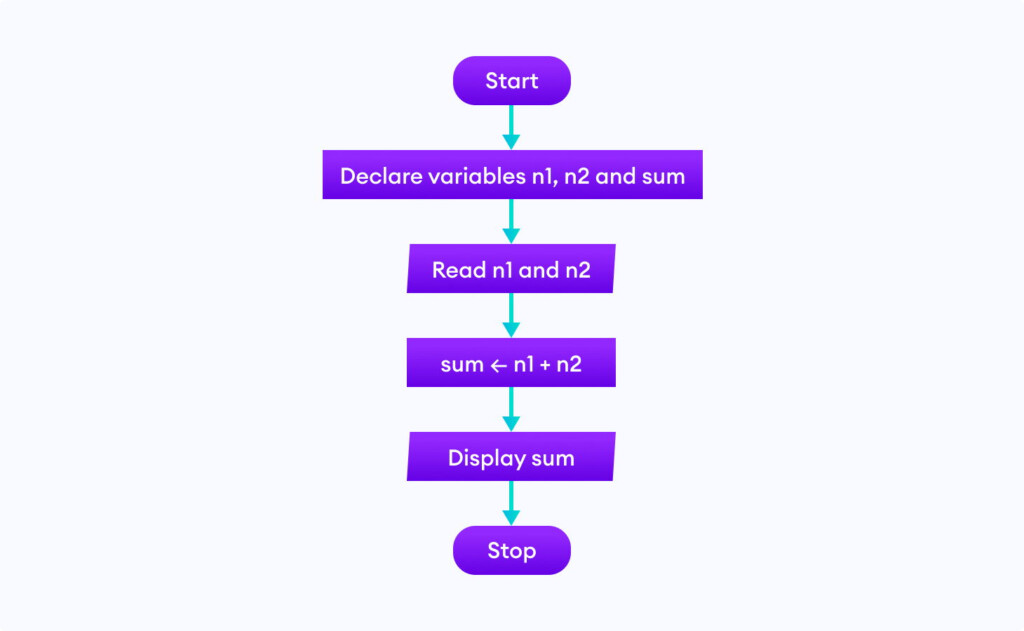A flow chart is a visual representation of a process or algorithm. It uses different symbols to represent different steps in the process, making it easier to understand and follow. Flow charts are commonly used in programming to outline the logic of a program before writing the actual code.
Here is an example of a simple flow chart for a programming task:
Flow Chart Example For Programming
Flow Chart Example
Start: Define the problem
Process: Analyze the requirements
Decision: Is the problem solved?
– Yes: Implement the solution
– No: Go back and analyze again
End: Problem solved
How to Create a Flow Chart for Programming?
Creating a flow chart for programming involves breaking down the problem into smaller steps and representing them using symbols. Here are some common symbols used in flow charts:
– Start/End: Represents the start or end of the process
– Process: Represents a task or operation
– Decision: Represents a decision point with yes/no options
– Input/Output: Represents input or output data
Once you have identified the steps and symbols, you can start creating the flow chart using a tool like Microsoft Visio or Lucidchart. Make sure to connect the symbols in the correct sequence to show the flow of the process.
Flow charts are a great way to visualize the logic of a program and can help identify potential issues before writing the code. By following a flow chart example for programming, you can create more efficient and error-free programs.
